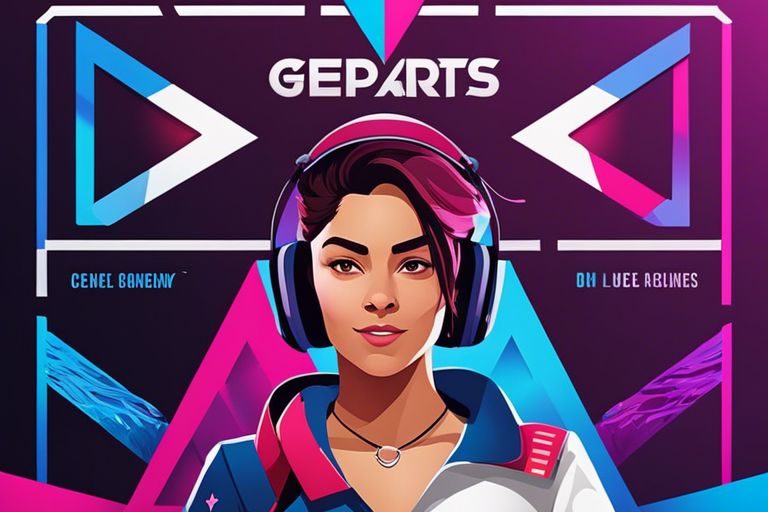Esports has grown exponentially in recent years, becoming a billion-dollar industry with millions of fans worldwide. However, gender equality remains a significant issue within the world of esports. While female gamers have made strides in breaking into the competitive scene, they still face numerous challenges and barriers that their male counterparts do not.
Most esports tournaments are dominated by male players, with a significant lack of representation for female gamers. This lack of diversity not only perpetuates the stereotype that gaming is a male-dominated space but also creates a barrier for aspiring female gamers to break into the professional scene. The esports industry must work towards creating a more inclusive and diverse environment to pave the way for gender equality.
Gender equality in esports goes beyond just player representation. It also involves addressing issues such as pay disparity, harassment, and discrimination. Female gamers often face online harassment and sexism, which can deter them from pursuing a career in esports. Additionally, female esports players are often paid significantly less than their male counterparts, despite performing at the same level. These disparities highlight the urgent need for greater gender equality initiatives within the esports industry.
Most esports organizations and companies are starting to recognize the importance of gender equality and are taking steps to address these issues. Initiatives such as creating all-female tournaments, providing diversity and inclusion training, and implementing strict anti-harassment policies are becoming more common in the esports world. These efforts aim to level the playing field for female gamers and create a more welcoming and inclusive environment for all players.
Esports fans also play a crucial role in promoting gender equality within the industry. By supporting and cheering for female gamers, fans can help break down stereotypes and show that esports is a space for everyone, regardless of gender. Additionally, calling out and condemning sexist behavior and comments can help create a more positive and respectful community for all players.
Most importantly, the esports industry must continue to push for greater gender equality at all levels. By providing equal opportunities, representation, and support for female gamers, esports can become a more diverse and inclusive industry that truly reflects the global gaming community. Only then can we truly achieve gender equality in esports and ensure that every gamer has the opportunity to succeed, regardless of their gender.




